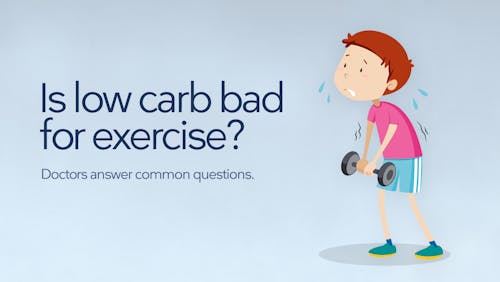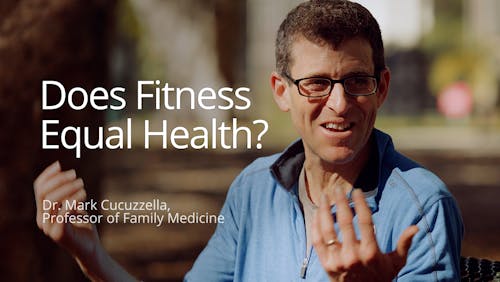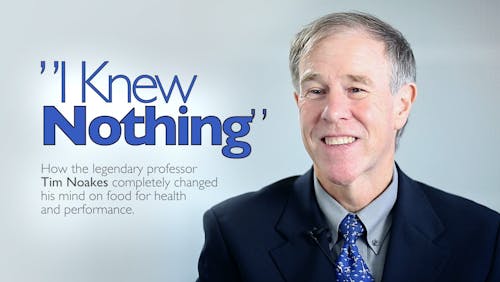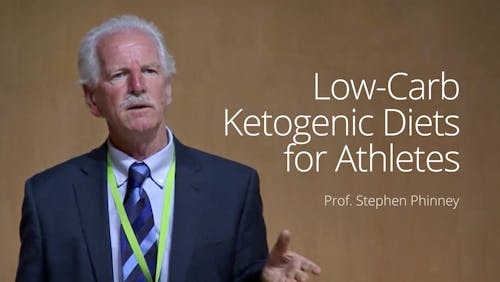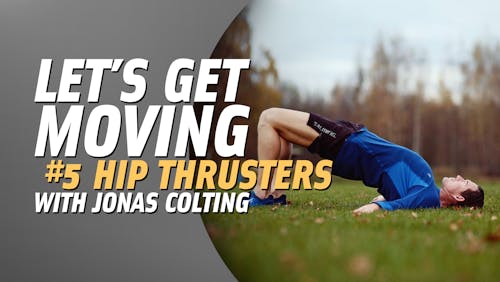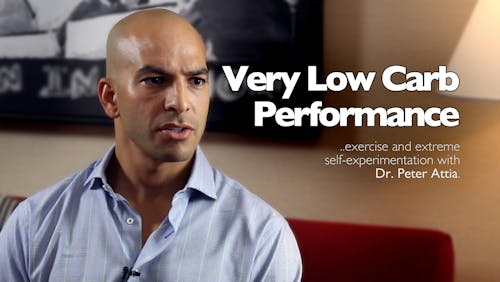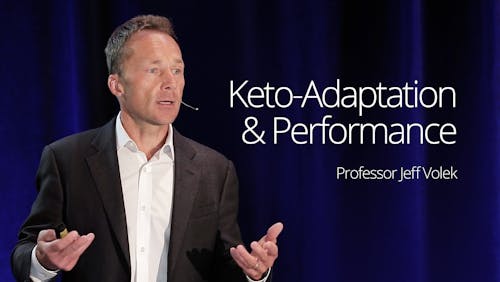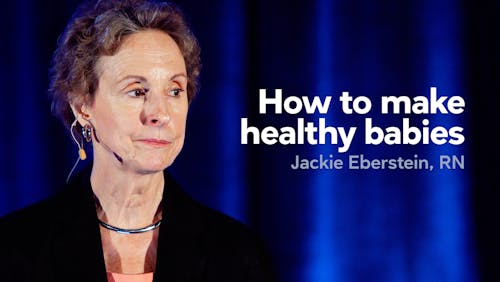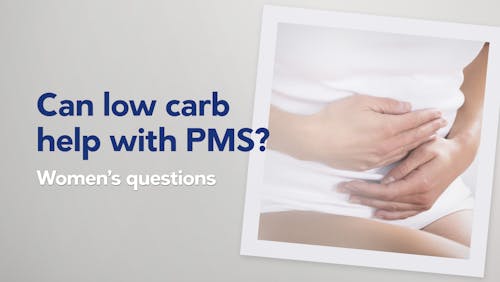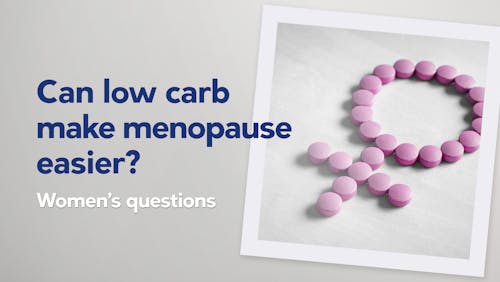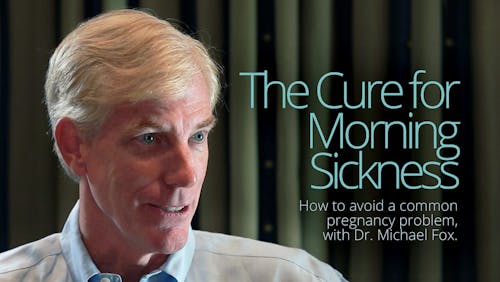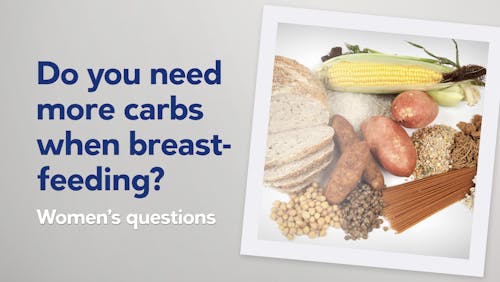The keto diet: Happy muscles running on fat

Over the last few weeks of my pretty active life — biking to and from work, hiking hills with friends, kayaking, paddle boarding, competing in dragonboat races, and even just working out at my local gym — I’ve noticed something exciting: my muscles feel just great.
In fact, at age 59, my muscles feel and perform better now, in every sphere of my life, than they ever did when I was 20, 30 or 40.
They are stronger. They don’t hurt as much when I am working out; they don’t fatigue as easily or complain under strain as much. And after a hard workout, they don’t feel as sore as they used to the next day.
I can come to only one conclusion: My muscles run so much better on fat than they ever did on glucose.
The difference really struck me this last month, after slipping off my ketogenic diet while at the family cottage. I’ve been solidly in ketosis for almost two years now, ever since a pre-diabetes scare in the fall of 2015 converted me to the low-carb keto diet. In the post I wrote about that cottage slip, I joked that one impact of falling off the keto wagon was that my reaction time and performance in our cottage spike ball tournaments significantly declined.
But it wasn’t really a joke. My performance did decline. I’m proud to say when I first arrived at the cottage I was a keto-adapted fat burner and I won the first highly competitive spike ball tournament with my niece’s partner. “Aunt Anne you rock!” the young nieces and nephews (all of whom I beat) had high-fived me. By the end of the week, same partner but now eating a high-carb diet, I performed dismally – slow and sluggish. Where we were unbeatable a mere five days earlier, we were unwinnable now. And it was all me.
That poorer physical performance while still out of ketosis really hit me the first day I got home. I ride the same route to work every day, but on my return, the hills were suddenly harder. My leg muscles hurt and felt fatigued on the inclines — rapidly, within seconds. My lungs were fine but my legs felt wimpy. I’d only been gone 10 days. I’d remained highly active. The only thing that had changed was my diet, adding back in enough carbs to take me out of ketosis.
An insight about muscles on keto
That night, I had a revelation as I was carrying a big load of clean laundry up the three flights of stairs in our old house. My legs ached and felt extraordinarily heavy by the top floor. Suddenly I recalled that for many years, pre-keto- diet, that weird leaden ache had been routine doing that regular chore. Back then I had concluded that, along with the ardent desire to do a renovation to move the laundry from the basement to the upper floor, I needed to work out more and get more fit.
But here is the thing: during those years I worked out all the time and that leaden leg feeling never went away, no matter how many leg presses and squats I did. I saw personal trainers, tried different workout routines. I would push through the muscle fatigue and ache and wonder, ‘will this feeling ever go away when I get fit enough?’ I was no couch potato either. I’d been a competitive athlete in my teens and 20s, and highly active all my life.
That odd achy leaden muscle feeling got so bad during two very stressful periods of my life — and included fatigue, weakness, numbness, fasciculations (muscle twitching) and cramping — that I was referred to neurologists to be investigated for multiple sclerosis or other neurodegenerative conditions, which fortunately I did not have. I realize now, however, that during both those times of high stress, carbs in the form of pasta and potatoes had been my daily comfort foods. Was it all related?
Carrying that laundry load I suddenly knew: it must be. I hadn’t felt that leaden heavy ache for two years in ketosis in any of my activities. My muscles had felt fantastic.
It sent me to the medical literature to inquire: Do women with polycystic ovary syndrome (which I was diagnosed with at age 19) have any evidence of reduced muscle function, muscle weakness or fatigue?
The search rewarded me with multiple articles and studies — more than a dozen — how skeletal muscle insulin resistance of PCOS causes impaired insulin action on glucose uptake, impaired mitochondrial function and increased oxidative stress.
One 2010 article, entitled Skeletal Muscle Insulin Resistance in Endocrine Disease, had this revealing summary: “In PCOS, muscle insulin resistance has been associated with abnormal phosphorylation of insulin-signaling proteins, altered muscle fiber composition, reduced transcapillary insulin delivery, decreased glycogen synthesis, and impaired mitochondrial oxidative metabolism.”
It all made sense. For years no matter how much I trained or worked out, my muscles always complained. But when I switched my fuel to fat, they hummed along happy and strong.
Earlier this year I wrote a summary for Diet Doctor “Eight reasons to adopt a low carb keto diet for PCOS“. Now I would add a ninth, at least for me: Because my muscles feel so much better in ketosis.
But I wonder: have other people experienced the same phenomenon? I’d love to hear about it. Feel free to leave a comment below.
More
Earlier
All earlier posts by Anne Mullens

